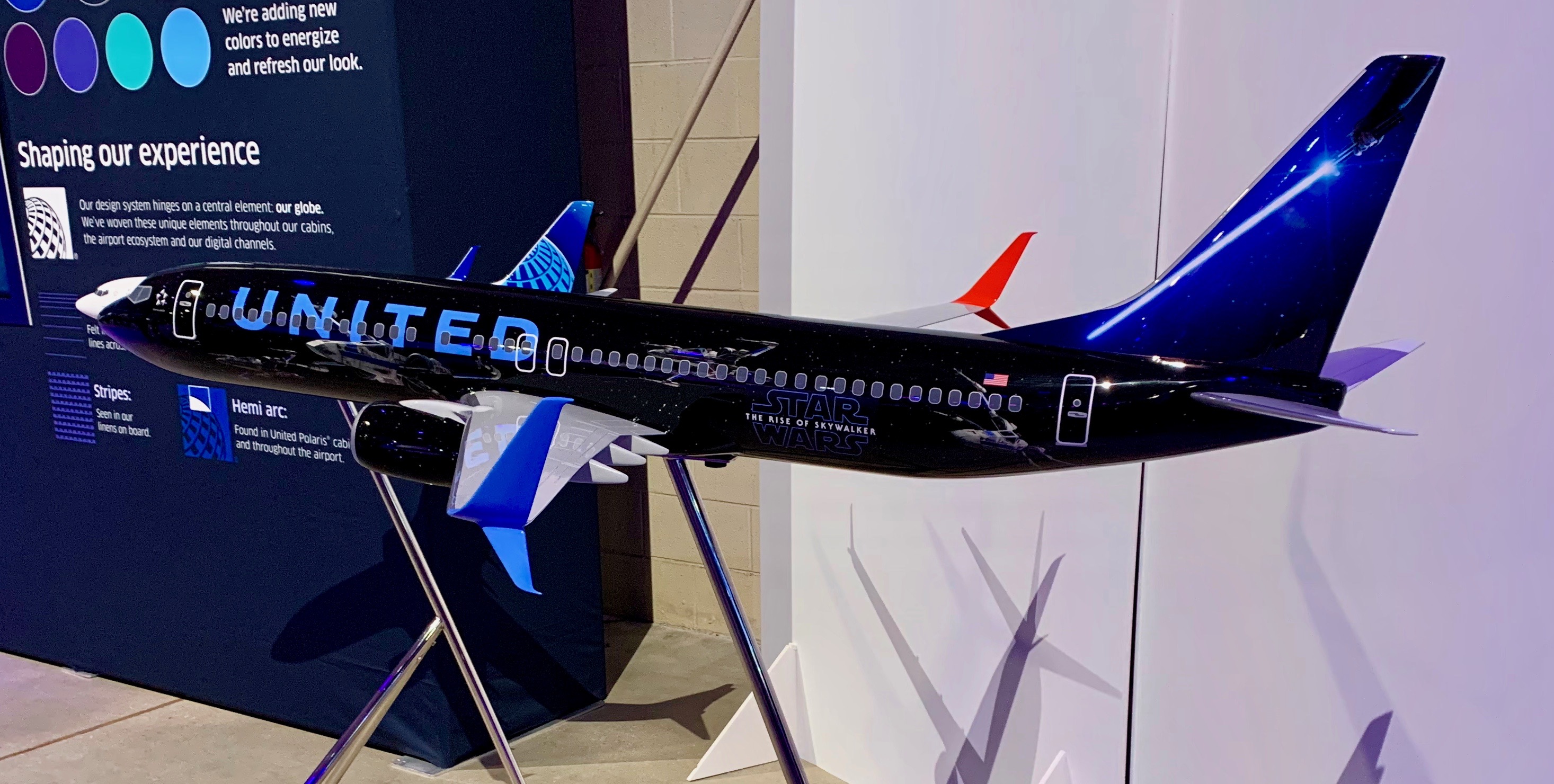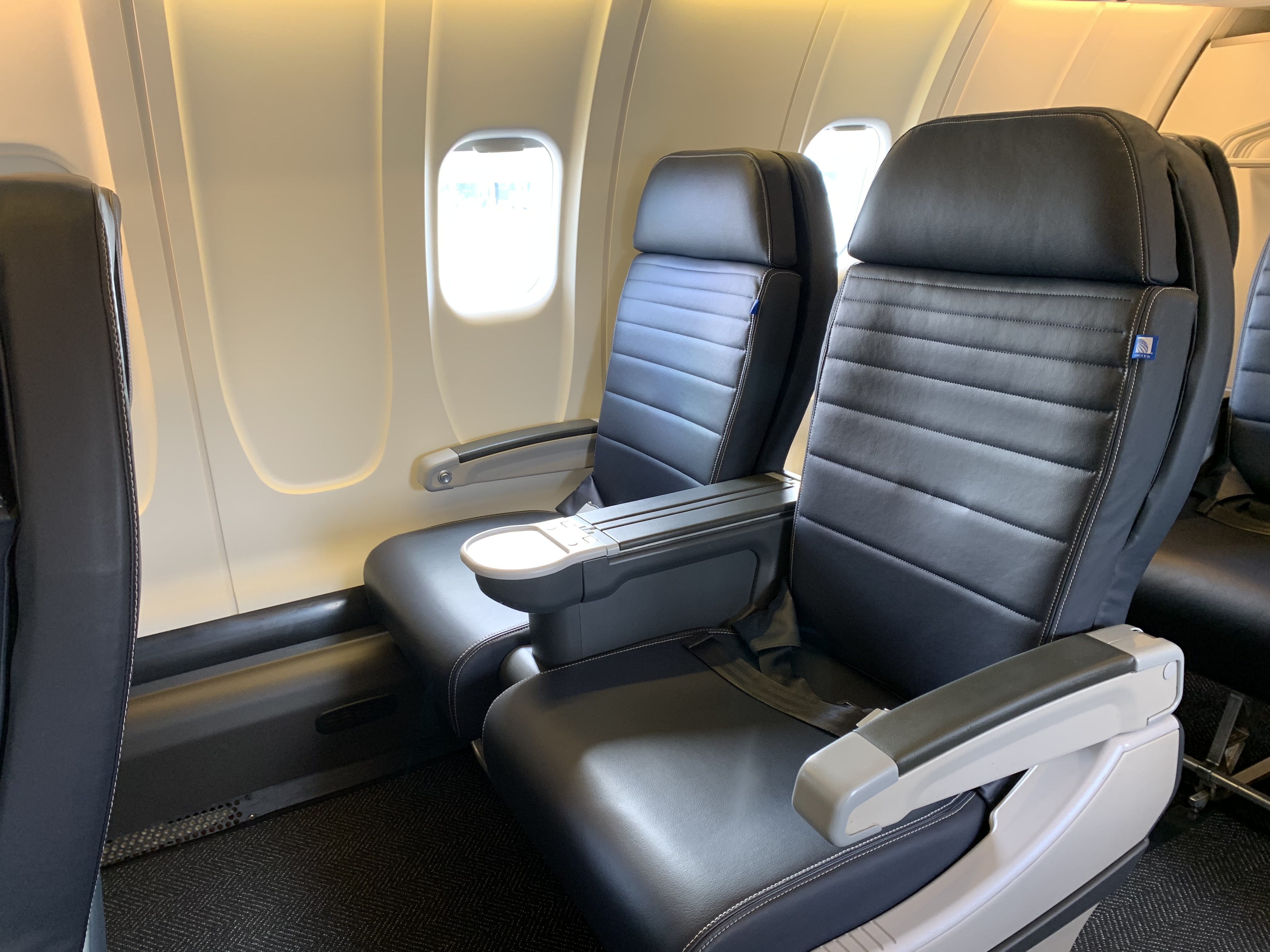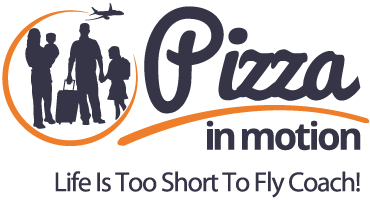United Treating Pilots Better Than Their Best Customers To Help Navigate COVID-19

Airlines are facing an incredibly unique set of challenges. The “winners” from this time period will be those that continue to make the best decisions possible. There’s certainly no playbook for navigating a pandemic while trying to run a massive airline.
Admittedly, I’m running behind on writing about this story. A few weeks ago View From The Wing covered news that United Airlines had made some unique concessions to their pilots to help them navigate COVID-19:
Pilots also achieved permanent, positive-space First Class deadheads, with stand-by eligibility before paying passengers, addressing a union goal dating back at least a decade (and effectively representing a devaluation of frequent flyer Elite benefits that travel bloggers haven’t picked up on ‒ yet)
Gary goes on to note that pilots also got concessions on the amount of regional jet flying the airline can do. United Airlines, like many other airlines, has a quandary when it comes to pilots. Ramping up pilots quickly is tough, given the certification requirements. It’s much quicker to rehire and train other employee groups, such as baggage handlers and flight attendants. That means it’s in United’s best interest to keep as many pilots as possible around, assuming they can afford to.
In this case, United got agreements from the pilots union to take a temporary reduction in pay. In exchange, pilots got a promise of a future pay raise when the airline is profitable, as well as the reduction in United Express flying and the first class upgrades.
I wanted to spend a moment talking about both of the latter points.
Pilots Flying First Class
As part of this negotiation, pilots will now receive upgrades to First Class when they’re “deadheading”. Deadheading is when a pilot is flying to reposition for a future flight. For example, a pilot starts out the morning at Washington-Dulles and flies to Atlanta. Her next flight is from Houston to Chicago. So, she flies as a passenger between Atlanta and Houston. On that Atlanta to Houston segment, she would now be eligible for a First Class upgrade prior to any elite customers that might be eligible.
For the past 10 years, I’ve thought the best advice for frequent flyers is to buy the ticket in the cabin you want. Planes were very full pre-COVID and complimentary upgrades from coach to First Class were unreliable. With the drop in demand, it’s possible we’re entering a new era where those upgrades are easy to get again. It’s hard to say without understanding how the airlines will add back capacity. So, the perceived slight of customers here might not be real. If there’s no upgrade seat to be had, neither the pilot nor the paying passenger gets it.
Where I struggle with this change is in the fact that the union felt this was a priority. They apparently don’t see an issue with taking a seat from a paying customer who might see such a benefit as a reason to keep patronizing the airline. I can’t say I’m terribly surprised, as the battle between the unions and management is perceived as exactly that, one between the pilots and the airline. The customer doesn’t play a major role in those discussions.
As a small business owner, I have an issue with this philosophy. We operate restaurants, and the comparison here would be to say that we’re going to feed our employees before we feed our customers. We love our employees and treat them well. But, we all know that the customer is the reason we’re there. That’s where our focus is.
United Express Reductions
United Airlines has an agreement with their pilots union that limits the number of regional jets they can operate (certain sizes, at least). This is similar to American and United. However, United is uniquely challenged by their restrictions on regional jets. So much so that they had to go through a costly process to remove seats from a bunch of airplanes. Doing so allowed them to create a phenomenal regional jet experience for the customer. But, it was questionable whether these planes could be profitable long-term. At the time, there was some thought that these configurations might not be around long if United could negotiate a better agreement with their pilots. That ship seems to have sailed now.

The Final Two Pennies
United seems to be willing to pay a steep price over the long haul in exchange for cheaper access to pilots today. Pay raises are one thing. But, reductions in regional jet flying will continue to cost the airline money, especially when they want to increase such flying. Now, they’re operating from an even lower starting point for future negotiations, even though these cuts are deemed “temporary”.
The move to prioritize pilots ahead of customers for the best seats on the plane flies in the face of a customer-first mission. United Airlines is attempting to lead with customer-friendly policies that resulted from the pandemic. I can’t imagine reducing the number of upgrades their best customers get was part of that strategy.
Did you enjoy this post? Please share it! There’s plenty of ways to do that below.
You can also follow me on Twitter, Facebook and Instagram.
And, I hope you’ll check out my podcast, Miles To Go. We cover the latest travel news, tips and tricks every week so you can save money while you travel better. From Disney to Dubai, San Francisco to Sydney, American Airlines to WestJet, we’ve got you covered!

Edward, a couple points.
1) This is something that used to be in the pilot contract and was lost during the BK. The pilots union has always wanted it back, but never had the leverage to do so. With this being a moot point until the recovery and the company needing help, this was a low cost item that could be agreed on for the company that gives the pilots a reward for their sacrifice.
2) Many people in first class seats are sitting their because their employer bought the ticket – they value their employees and want them to show up well rested and ready to work. It is no different for pilots. Most of the time after a deadhead, we are going to work – don’t you want a well rested pilot? This will affect a very small amount of inventory on a very small number of flights throughout the system, and only if there’s available space.
I almost included the “don’t you want a well-rested pilot” argument. But, I can draw the same correlation to the foodservice industry. And, if you don’t believe foodservice mistakes can be lethal, Google Jack In The Box Deaths from the 90s.
Your assertion that this will only affect a small number of flights throughout the system is unsubstantiated until we understand what the industry will look like over the next few years.
The assertion that this is a low cost item is also unsubstantiated. Ultimately, you may be right. But, if elite members on United get upgraded less frequently than on competitors, it won’t be low cost.
Neither side of this issue can be substantiated by facts at this point. The only piece that’s irrefutable is that fewer upgrades will be available for paying customers. Whether that’s 1 per day or 100 will take some time to evaluate.
Thank goodness pilots will finally be treated or everyone else travelling for work! YOU travel for work and get free upgrades…why can a pilot not travel for work and get free upgrades. We do not sit in meetings….we FLY you around the country in all kinds of high stress situations safety all day , all night, all year. Imagine sitting in the back for 4 hours then going up front to fly a red eye. That is pilot life. We love it, but we deserve an upgrade just as much as anyone else. We are flying for work…just like you.
Ryan, what you’re proposing is that all pilots get upgrade before customers, not “just like you”. If it wasn’t safe to operate a plane after sitting in coach on a long flight, the FAA wouldn’t permit it. The assertion that upgrading pilots ahead of paying customers makes us safer is a dangerous one to make.